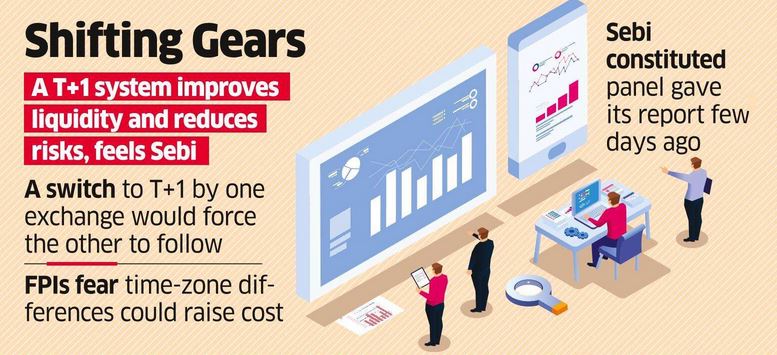CURRENT AFFAIRS
Get the most updated and recent current affair content on Padhaikaro.com
National Financial Reporting Authority (NFRA)
- Vaid's ICS, Lucknow
- 14, Sep 2021

Why in News?
As it seeks to enhance engagement with stakeholders, the National Financial Reporting Authority (NFRA) will set up a single stakeholders’ advisory group as well as a research cell to support the group.
Need for:
A large majority of the respondents have expressed the urgent need for a settlement mechanism rather than a prolonged stand-alone law making process.
About NFRA:
National Financial Reporting Authority (NFRA) was constituted on 1st October, 2018 under section 132 (1) of the Companies Act, 2013.
Why was it needed?
In the wake of accounting scams, a need was felt to establish an independent regulator for enforcement of auditing standards and ensuring the quality of audits so as to enhance investor and public confidence in financial disclosures of companies.
Composition:
The Companies Act requires the NFRA to have a chairperson who will be appointed by the Central Government and a maximum of 15 members.
Functions and Duties:
- Recommend accounting and auditing policies and standards to be adopted by companies for approval by the Central Government;
- Monitor and enforce compliance with accounting standards and auditing standards;
- Oversee the quality of service of the professions associated with ensuring compliance with such standards and suggest measures for improvement in the quality of service;
- Perform such other functions and duties as may be necessary or incidental to the aforesaid functions and duties.
Powers:
- It can probe listed companies and those unlisted public companies having paid-up capital of no less than Rs 500 crore or annual turnover of no less than Rs 1,000 crore.
- It can investigate professional misconduct committed by members of the Institute of Chartered Accountants of India (ICAI) for prescribed class of body corporate or persons.

Facts for Prelims:
Thamirabarani or Porunai civilisation
T+1 settlement system:
Securities and Exchange Board of India (SEBI) has offered T+1 settlement system for stock Market exchanges. If the stock exchange agrees to the proposal, investors will get money for shares they sold or bought in their accounts faster, and in a safer and risk-free environment.
What Is T+1 (T+2, T+3) cycles?
T+1 (T+2, T+3) are abbreviations that refer to the settlement date of security transactions.
- The “T” stands for transaction date, which is the day the transaction takes place.
- The numbers 1, 2, or 3 denote how many days after the transaction date the settlement—or the transfer of money and security ownership—takes place.
- Stocks and mutual funds are usually T+1 and bonds and money market funds vary among T+1, T+2, and T+3.
Climate Action and Finance Mobilization Dialogue (CAFMD):
This was one of the main tracks of the U.S.-India Agenda 2030 Partnership that President Joe Biden and Prime Minister Narendra Modi announced at the Leaders Summit on Climate in April 2021.
- It was launched recently.
- It will provide both India and the United States an opportunity to renew the collaborations on climate change while also addressing the financial aspects.
It will deliver climate finance primarily as grants and concessional finance, as envisaged under the Paris Agreement for strengthening the climate action.